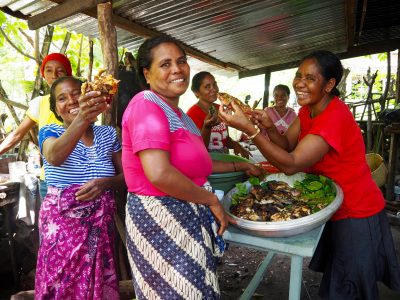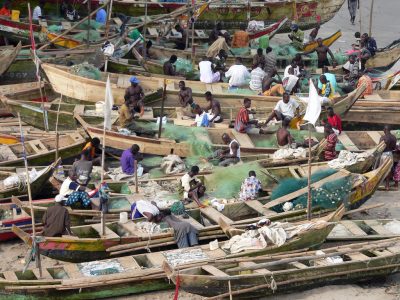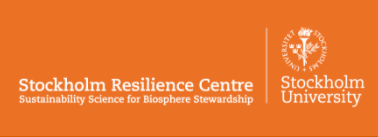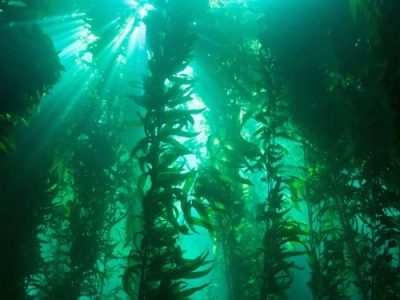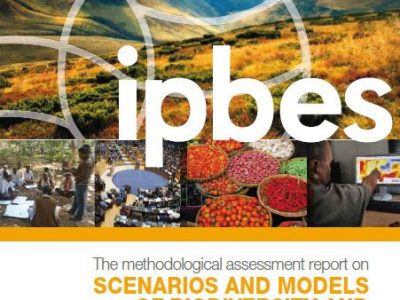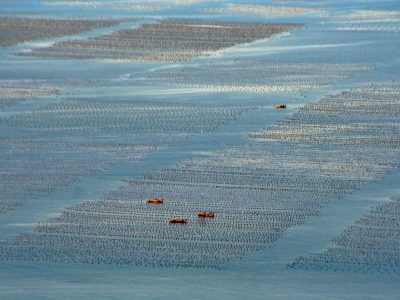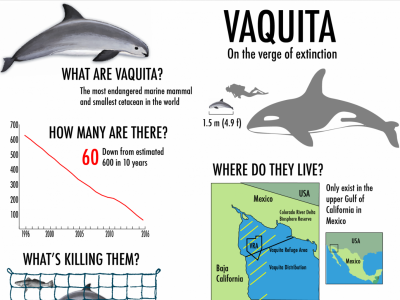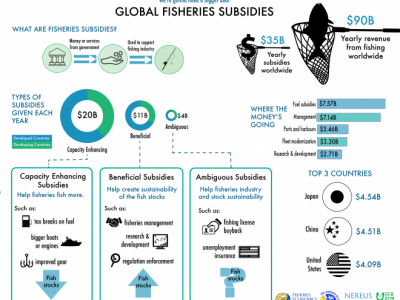Scientists Launch Global Agenda to Curb Social and Human Rights Abuses in the Seafood Sector
The article, published today in the journal Science, is in direct response to investigative reports by the Associated Press, the Guardian, the New York Times and other media outlets that uncovered glaring human rights violations on fishing vessels. The investigations tracked the widespread use of slave labor in Southeast Asia and its role in bringing seafood to American restaurants and supermarkets, chronicling the plight of fishermen tricked and trapped into working 22-hour days, often without pay and while enduring abuse. Subsequent investigations have documented the global extent of these abuses in a wide array of countries.



